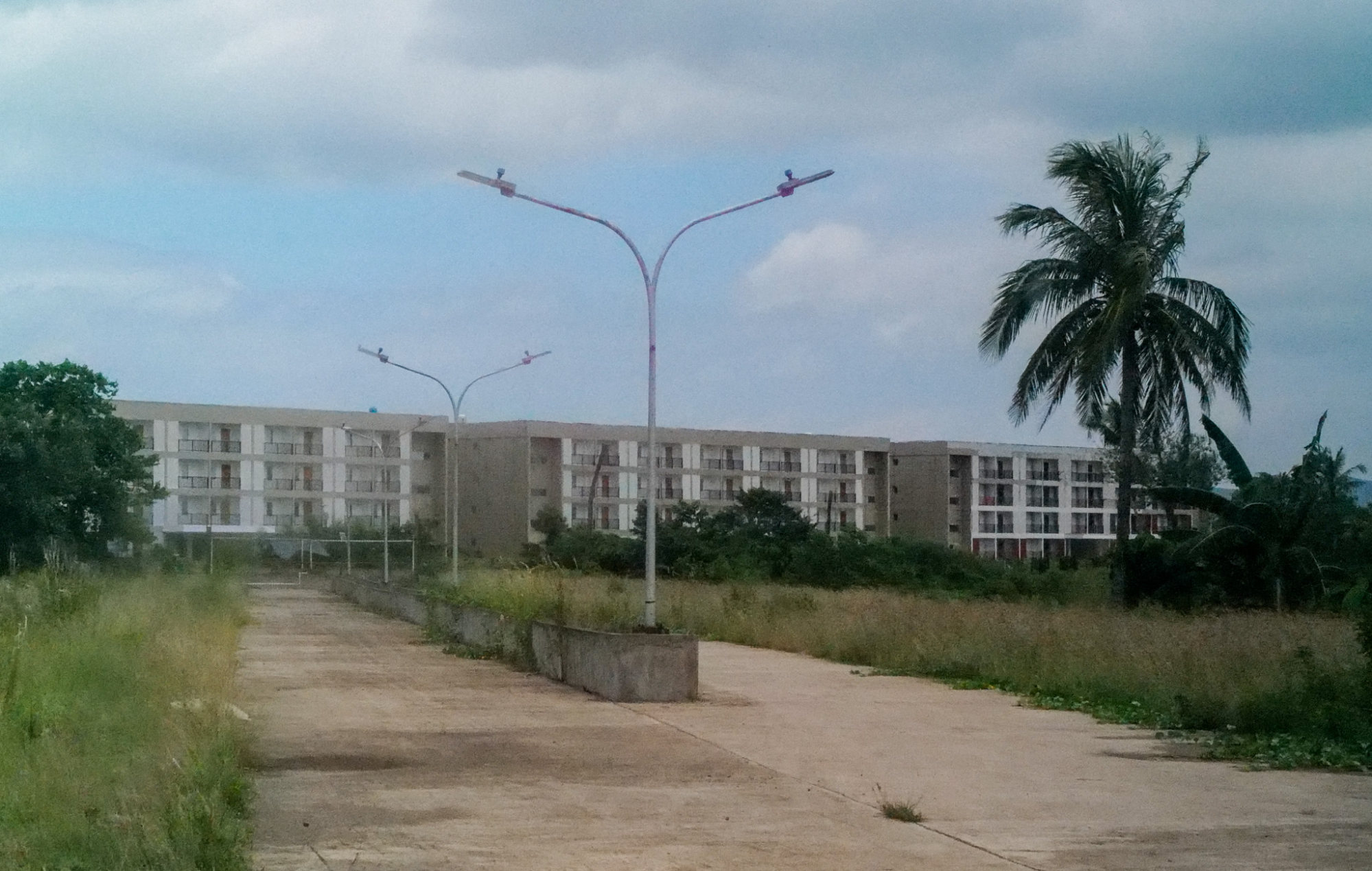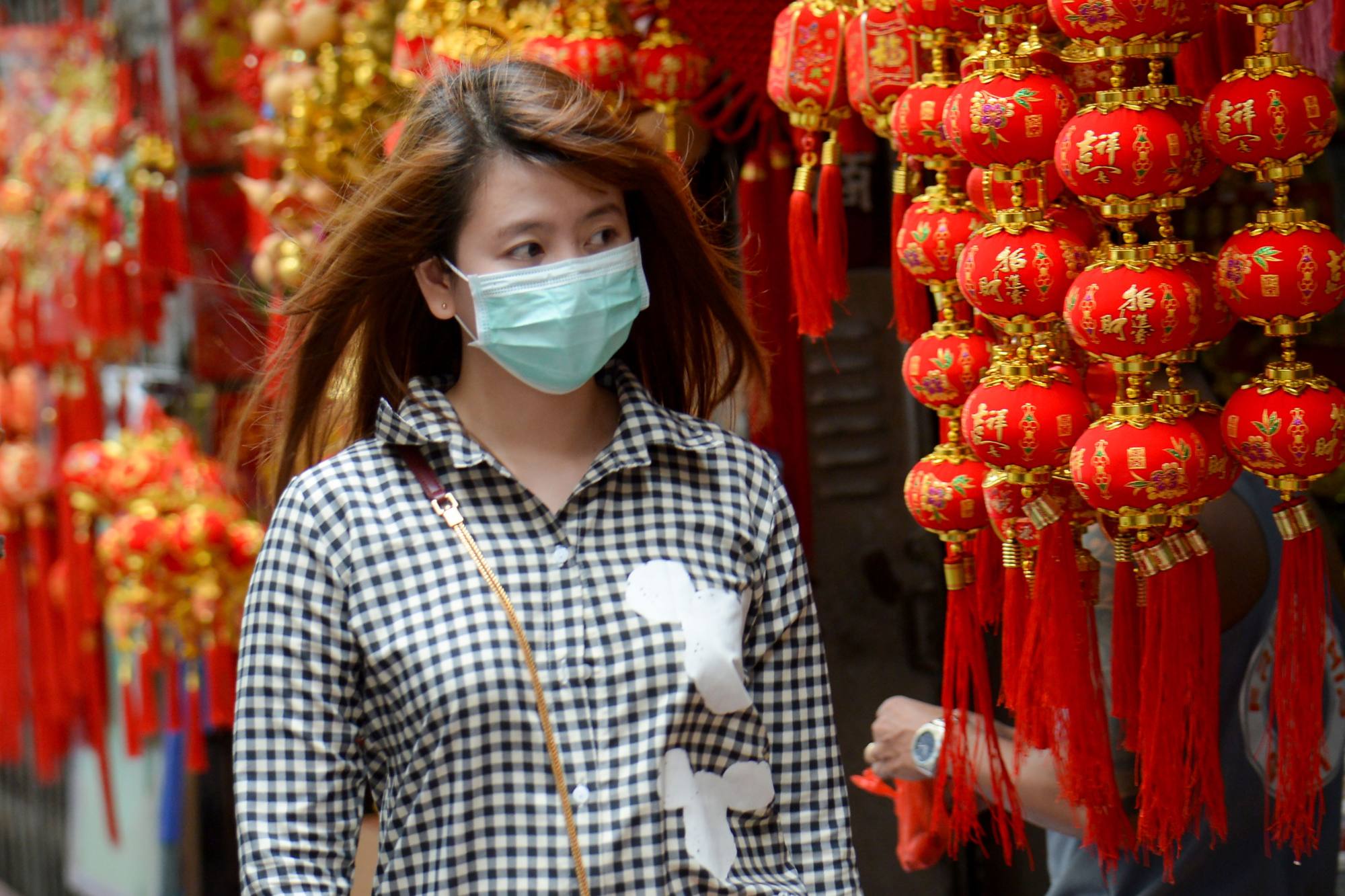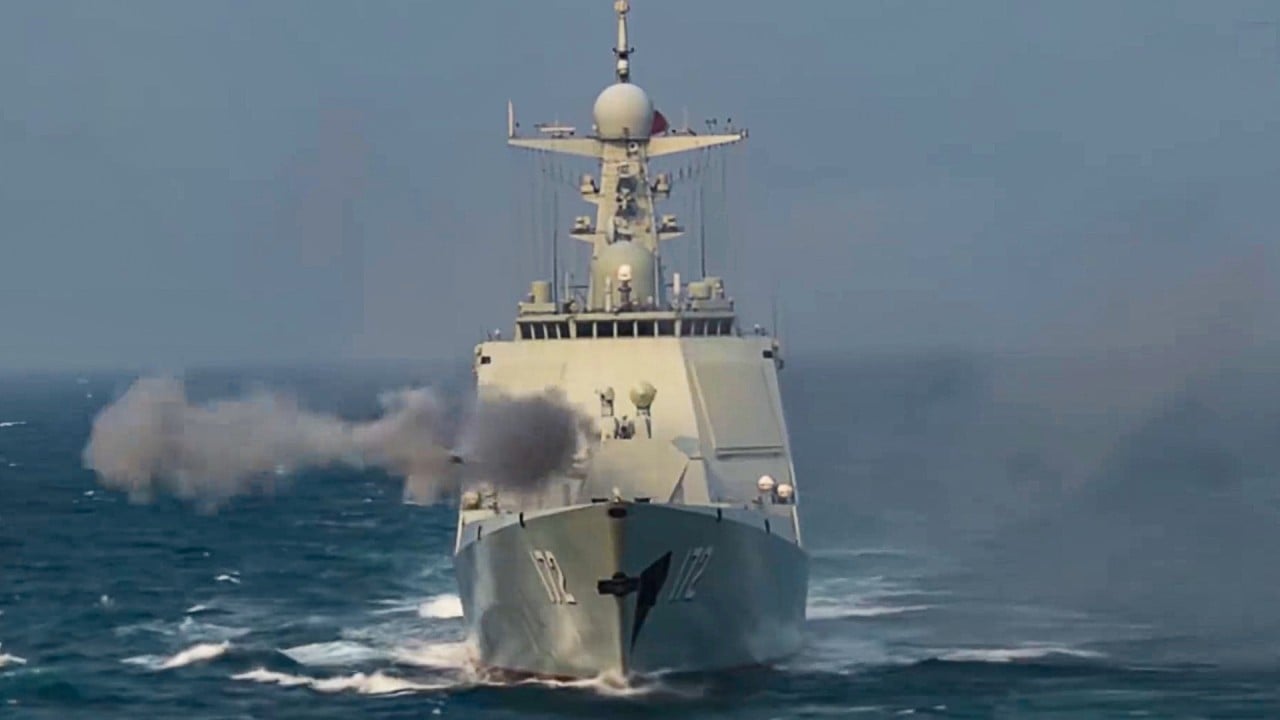Citing a June 13 directive, Department of Foreign Affairs (DFA) Undersecretary for Civilian Security and Consular Affairs Jesus Domingo said Chinese nationals applying for temporary visitor visas must now submit their Chinese Social Insurance Record Certificates, in addition to proof of financial capacity with employment certificates and bank statements.

The certificate must have been registered for at least six months at the time of the visa application. The directive provides exceptions for Chinese nationals currently enrolled in primary, secondary, or college education, who must submit proof of enrolment, and retirees above 55 years old. It says other exceptions will be considered on a case-by-case basis.
The measure came after the National Security Council dispatched a team to investigate Tuguegarao, the capital of Cagayan province, where some 4,600 Chinese nationals were enrolled in private universities.
According to Domingo, the policy aims to “weed out” the “illegitimate and unsavoury” tourists from the legitimate ones. He said several Chinese citizens had reportedly been involved in organised crimes such as human trafficking, prostitution, kidnapping and fraud.
The social insurance record requirement came two days before China’s anti-trespassing policy on June 15, which authorises Beijing’s coastguard to detain foreigners found in what it considers to be China’s territorial waters.

Potential fallout
The Philippine Travel Agencies Association (PTAA) warned these additional visa requirements could negatively affect the country’s economy.
“Chinese tourists are a major source of income for the Philippines, so making it harder to visit could discourage tourism and hurt businesses. They might even be the ones to issue travel advisories against visiting the Philippines,” PTAA president Evangeline Tankiang-Manotok said in an interview with local network GMA in May.
“They also spend on accommodation, shopping and food, which boosts our economy,” she said, adding that the government must ensure the new policy was fair and clear to avoid accusations of discrimination.
Since January, the Department of Tourism reported around 140,000 Chinese arrivals in the Philippines, double the number from the same period last year.
Political analyst Sherwin Ona, an associate professor of political science at De La Salle University in Manila, told This Week in Asia that the new requirement could be a direct response to China’s anti-trespassing regulation, as well as the Philippine Offshore Gaming Operator (Pogo) issue.

The Pogo sector, which targets patrons in China where gambling is illegal, has been linked to crimes such as trafficking, kidnapping and prostitution.
“This can be seen by China as a provocative move by the Philippines. It may also affect Filipinos travelling to China and its territories,” Ona said.
“Nevertheless, the Philippines can show its resolve against China’s illegal declaration by conducting maritime patrols. Protecting Filipino fishermen is paramount. The Philippine Navy and Coast Guard will play an active role in this situation,” he added, referring to China’s anti-trespassing policy.
The Philippines, China, Malaysia, Brunei and Vietnam have competing claims in the South China Sea. In 2016, the Permanent Court of Arbitration at The Hague dismissed China’s claims to the South China Sea as delineated in Chinese maps. China rejected the ruling, insisting it had jurisdiction over the waterways as indicated by its so-called nine-dash line.
Anti-infiltration measure?
“It cannot be a response to China’s anti-trespassing policy, as its application is questionable in disputed areas,” said Tayao, noting that the visa policy would not directly affect the countries’ maritime territorial dispute.
Tayao said Beijing was unlikely to accept the new visa rules without some sort of escalated response.
“We’ve seen how China has consistently thrown its weight around, emphasising its power and size,” he said.
Ray Powell, a maritime security analyst at the Gordian Knot Center for National Security Innovation at Stanford University, said the new rules could be linked to “recent investigations into Chinese criminal syndicates in Pogos and possible espionage operations in the Philippines”.
Authorities have been investigating whether Chinese military personnel were posing as Pogo workers following the discovery of People’s Liberation Army uniforms inside a Pogo hub raided in Porac, Pampanga province.
Another Pogo controversy involved Bamban’s ethnic Chinese mayor Alice Guo, who has been accused of being an undercover agent for Beijing.


